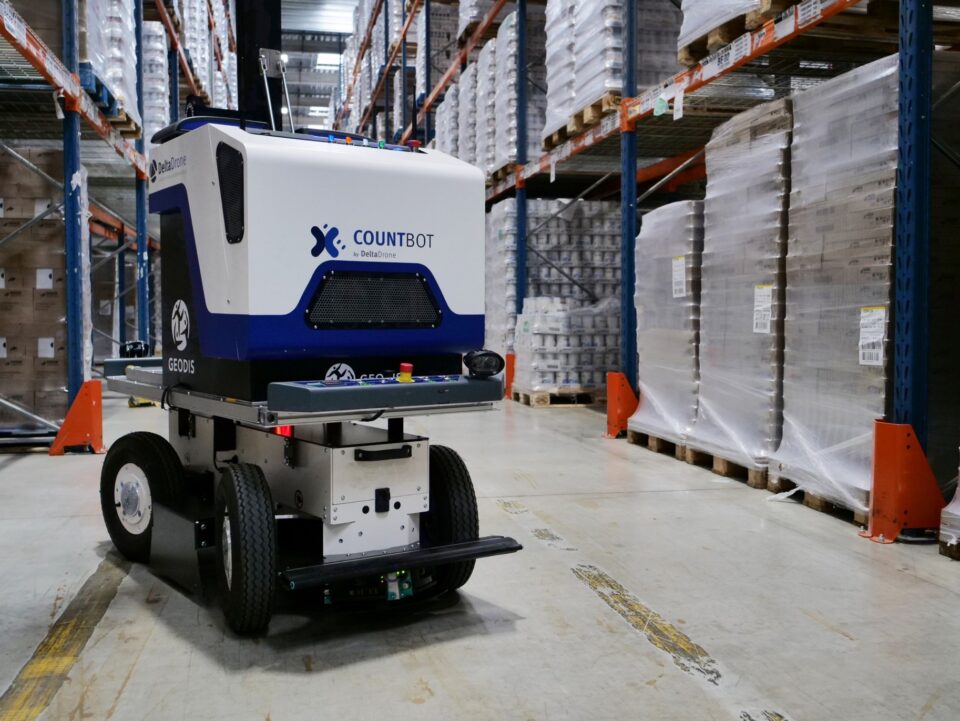
How Vendor Managed Inventory (VMI) Strengthens Supply Chain Resilience and Collaboration
To optimize inventory management, retailers and suppliers are increasingly turning to Vendor Managed Inventory (VMI) tools that transfer the responsibility…
Bona: Building Operational Excellence with Solochain WMS Read the use case

After the public sphere, it is now the private sphere that will be concerned by the dematerialization of invoices. If the 2020 finance law obliged companies to be able to receive invoices in electronic format as of January 1, 2023, an ordinance presented to the Council of Ministers sets a new deadline for this obligation: July 1, 2024. As for the obligation to issue invoices electronically, it will also be imposed on companies but by January 1, 2026.
For the government, which is behind this development, the benefits are considerable. From the company’s point of view, it is guaranteed to make savings by dematerializing its invoices, which will require a shorter processing time. At the same time, this will lead to a better respect of payment deadlines, thus avoiding penalties.
The company will even be able to implement new ways of managing its cash flow, such as early payment, refinancing or dynamic discounting. As for the administration, it will gain a better traceability of documents and the assurance of compliance with tax regulations, for example in terms of VAT or archiving.
Finally, overall, this acceleration of flows between companies will reduce the scourge of late payments affecting the working capital of companies.
To ensure compliance with these new regulatory requirements, it is essential to select the right tools to meet these obligations:
From 2024, all companies will have to be equipped with solutions capable of processing the receipt of invoices and sending back to the tax authorities and the supplier dematerialized information on the payment and its processing (acknowledgement of receipt, information on a rejection, approval…). These solutions must recover the invoices in a digital format, the only format that allows automatic handling. The recovery can be done directly in electronic format or, for PDF or paper invoices that cannot be processed, via OCR software that searches for data in the image and reconstitutes an electronic file.
From 2024 to 2026, these solutions will also have to be able to issue dematerialized invoices that will be transmitted in real time to the tax authorities. Of course, the chosen tools will have to print all the mandatory information on the invoice, but also a series of data in a structured form to allow consistency checks by the administration as well as automated processing by customers/suppliers. A simple PDF will no longer do the trick: companies will have to turn to solutions that support these new requirements, and to certified electronic invoice operators who will certify their invoices.
Companies have everything to gain by deploying solutions like Generix Invoice Services now and imagining a complete digitization of their invoicing processes without waiting for the legal deadline. This type of tool offers innovative solutions that provide a real competitive advantage. Of note are the automatic invoice reconciliation functions: the invoice data is compared with the order and goods receipt data, which makes it possible to check prices and quantities ordered and to automatically detect any discrepancies. If no discrepancies are detected, payments can be automated, or the automation can be customized (e.g., payment can be initiated despite errors of a few euros, or for a particular supplier). These automation functions lead to a significant reduction in resources dedicated to invoice processing time, which is often time-consuming, tedious and of little added value.

To optimize inventory management, retailers and suppliers are increasingly turning to Vendor Managed Inventory (VMI) tools that transfer the responsibility…

In an ever-evolving logistics environment, agile and precise warehouse resource management is essential to remain competitive. With increasing volumes driven…

France’s electronic invoicing reform relies on a Y-architecture, where Partner Dematerialization Providers (PDPs) play a central role in issuing and…

Work with our team to build your ideal supply chain software stack and tailor it to your unique business needs.